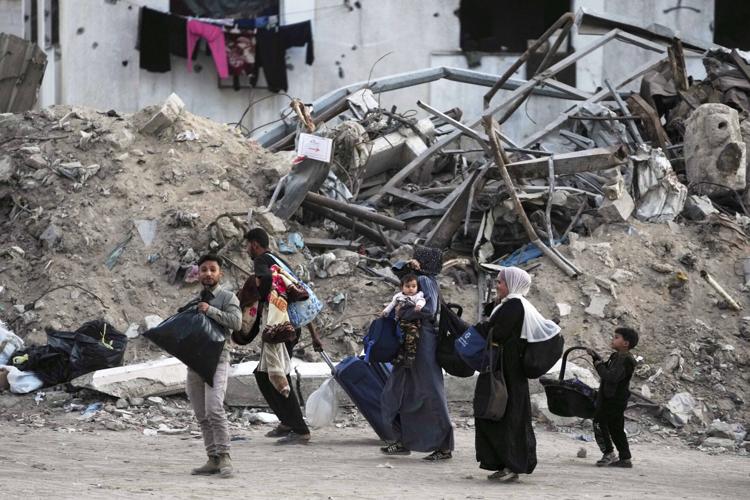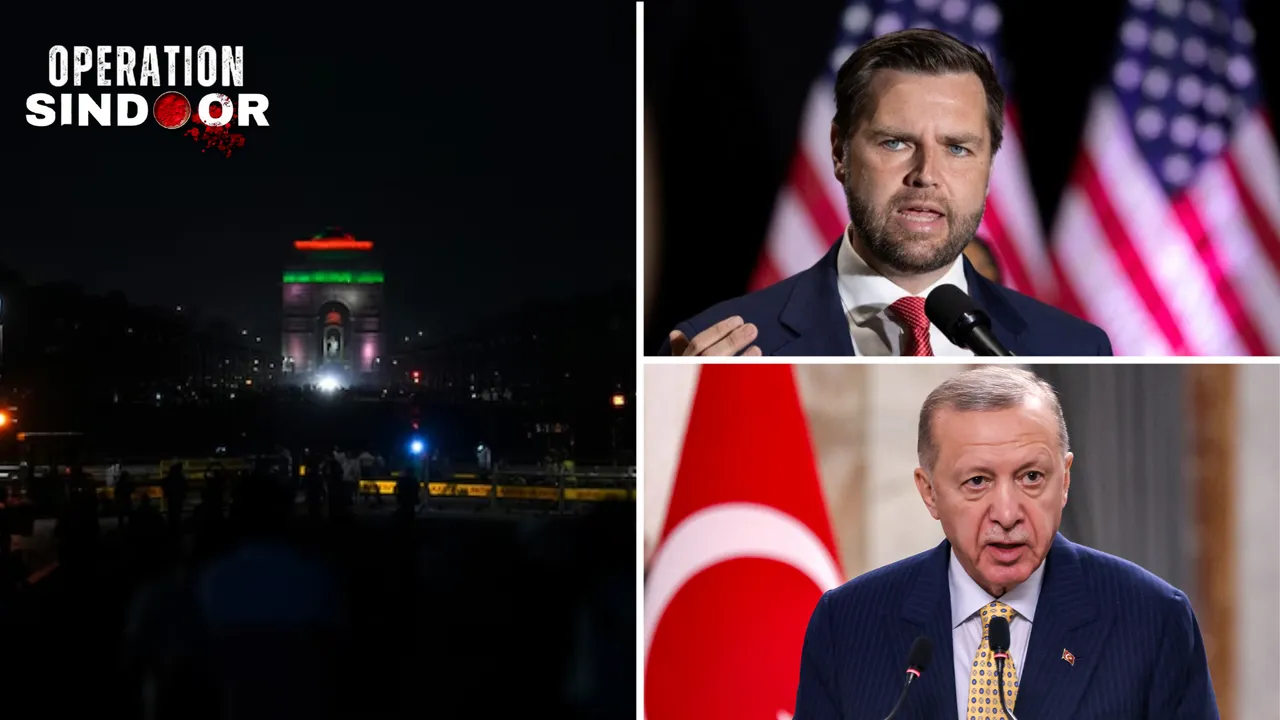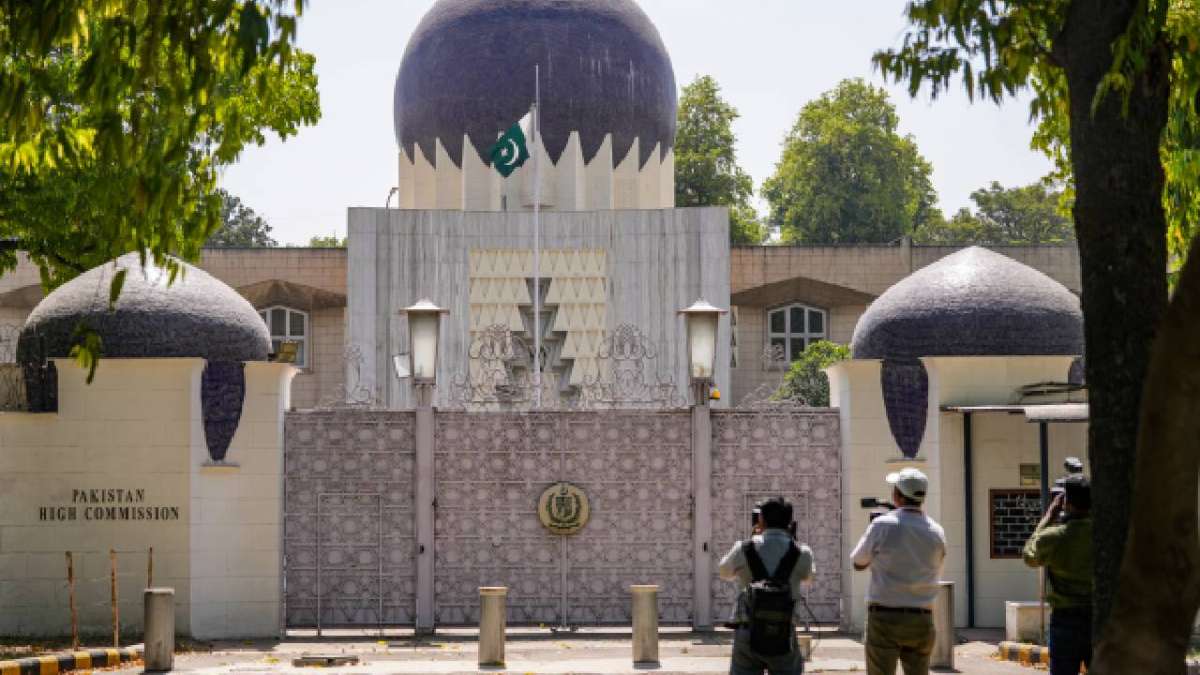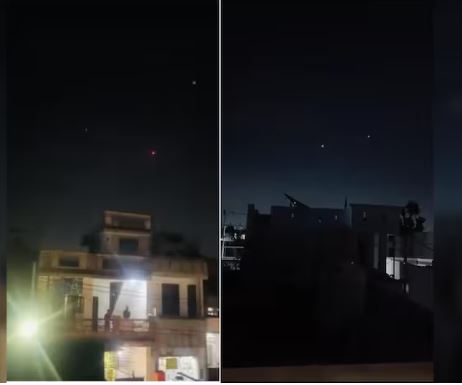Israel blames Palestinian militants for bombings in Tel Aviv’s suburb
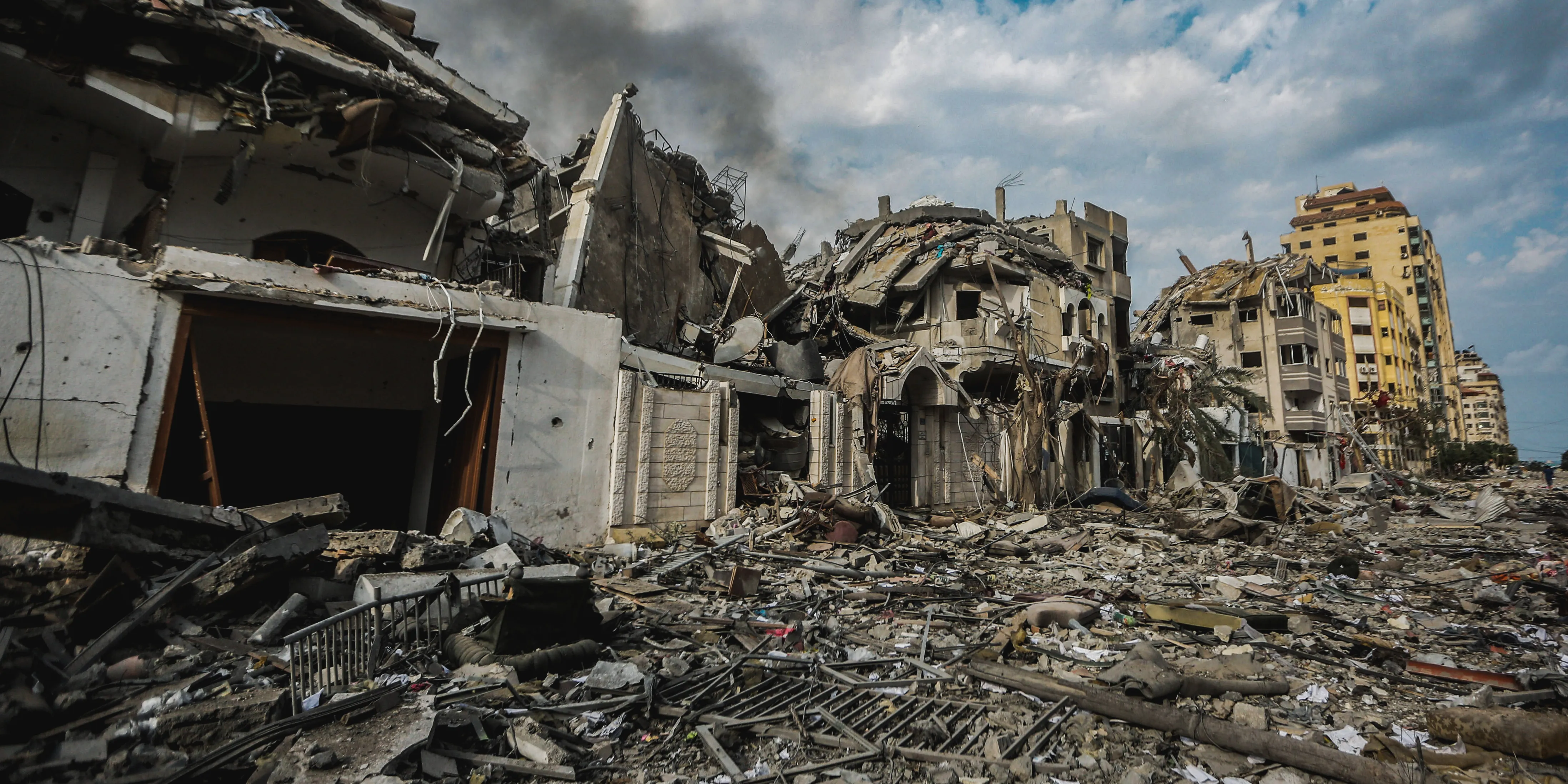
NEW DELHI: Israeli security services blamed Palestinian militant groups for a coordinated bus bombing in Bat Yam, a southern suburb of Tel Aviv. Three buses were destroyed, and a fourth bomb was defused on Thursday night, although no casualties were reported.
The attacks in Bat Yam, a largely Russian-speaking town, were captured in videos showing the devastation caused to buses parked at different depots. Israeli media reported that the bombs had likely been timed for rush hour on Friday morning but may have detonated prematurely around 9 pm local time. Mayor Tzvika Brot described the outcome as a “miracle” that no one was injured.
Israel’s Defense Minister, Israel Katz, immediately pointed fingers at militants from the West Bank and ordered the Israel Defense Forces (IDF) to intensify operations in Palestinian refugee camps, specifically in Tulkarem. “I have instructed the Israel Defense Forces to increase the intensity of activity to thwart terrorism in the Tulkarem refugee camp and in general in the refugee camps in Judea and Samaria,” Katz said.
Bus bombings have been a haunting reminder of past conflicts, particularly the second intifada (2000-2005) when Palestinian suicide bombers frequently targeted Israeli civilians. Although less frequent in recent years, the resurgence of such attacks has raised concerns about a possible escalation of violence. The last major bus bombing in Israel occurred in November 2022, when two bombings at Jerusalem bus stops killed two people.
The bombings come against the backdrop of the ongoing conflict between Israel and Hamas, which has significantly impacted both the West Bank and Gaza. Since October 7, 2023, when Hamas launched a brutal attack killing over 1,200 Israelis, the IDF has conducted widespread operations in the West Bank. The Israeli military has been targeting Palestinian militant networks, displacing tens of thousands of people from refugee camps in Jenin, Tulkarem, and other towns.
Israeli media cited an anonymous security official claiming that the bombs were set to target morning commuters, suggesting that a premature detonation might have averted a more tragic outcome. The police reported that the defused bomb weighed five kilograms.
In response to Thursday’s events, the Israeli government ordered an immediate halt to public transport while buses and vehicles across the country were searched for additional explosive devices. Defence officials have expressed concerns that the attacks signal a broader effort by militants to destabilize public spaces in Israel’s cities.
Israel’s Prime Minister, Benjamin Netanyahu, has also expressed grave concern over the attacks, signalling that the government would take decisive action. “Prime Minister Netanyahu views the incident of placing bombs on buses with great seriousness, and will order strong action,” his spokesperson said in a statement. Netanyahu’s government has already been under intense pressure as it navigates military responses to Hamas while facing criticism over its handling of internal security.
An Israeli police officer inspects the scene where police have reported a series of explosions on buses in what they said appeared to be a militant attack in Bat Yam, central Israel, Thursday, Feb. 20, 2025. No injuries were reported.
No group immediately claimed responsibility for the attacks, although Hamas’s military wing, the Tulkarem Battalion, released a statement on its Telegram channel, vowing vengeance for Palestinians killed in Israeli operations. “We will never forget to take vengeance for our martyrs as long as the occupation is on our lands,” the statement read.
The recent bombings come amid a fragile ceasefire between Israel and Hamas in Gaza. Since a tentative pause in Gaza’s hostilities, Israeli operations in the West Bank have intensified, with IDF raids targeting militant strongholds. Over the past few months, hundreds of West Bank Palestinians have been killed, according to local sources.
As Israeli security forces continue their operations in the West Bank and investigate Thursday’s bombings, the attack is a reminder of the ongoing volatility in the region. Public transport bombings, once a near-daily occurrence during past uprisings, have become less frequent in recent years. However, the re-emergence of such attacks, particularly in heavily populated urban areas, has renewed fears about safety in Israel’s public spaces.


